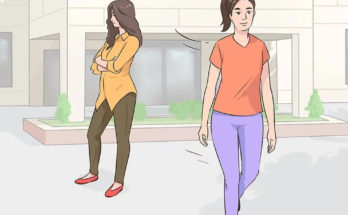Human Papillomavirus or HPV is an extremely contagious infection that will cause cervical cancers in women. The illness is usually treated, along with the lesions that might disappear, however, the infection remains in the physique. HPV treatment can vary, from working with medicines to surgery, but because the infection remains the symptoms may reappear. It has been found the about 70% of cervical cancers are a result of a woman being infected with HPV at some stage during her lifetime, often years earlier.
What exactly is HPV?
There are several unique types of the virus, some of which cause popular warts identified in areas just like the hands or feet, but you will discover about 40 unique sorts that result in genital warts. All warts are extremely contagious and any sexually active person is in danger of contracting genital warts. It is these strains from the HPV virus which will result in precancerous modifications within the cervix.
HPV Vaccine
There is certainly now a vaccine offered which will help stop cervical cancer and situations caused by HPV. This vaccine is accessible for women and is given to young girls as aspects of the immunization plan supplied through schools. Girls are provided the vaccine at 12 or 13 years of age, which parents will need to give permission for, along with the vaccine is offered as three shots usually over 6 months.
Who is at threat?
All women are at risk, that is why it’s significant to educate and vaccine young women and girls against the risks of HPV. If a young woman is sexually active or plans on becoming so inside the future then she is in danger. It has been shown that almost 1 in each two sexually active females has the infection, and in some cases, if they’ve no symptoms they can nevertheless be a carrier. A woman could be conscious she has contracted the infection mainly because she develops a case of genital warts, or she has an abnormal Pap test or is tested good for HPV.
How is it spread?
Genital warts are often spread by skin to skin speak in the course of intercourse with an individual together with the virus. Condoms may be used to help safeguard you against the virus but these are not a foolproof approach to control because not all the skin is covered. The only strategy that is 100% helpful is avoiding sexual contact altogether with an infected person, though you cannot be particular of this method either given that many persons possess the illness but show no symptoms or usually do not even know it themselves.
When is it very best to be vaccinated?
It can be most effective for girls or young women to become vaccinated just before they’re sexually active. The vaccine itself just isn’t a live vaccine so the disease cannot be caught from receiving it. Side effects are rare, even though mild reactions may include things like discomfort, swelling, redness, or itchiness about the injection site. Other much less prevalent reactions can consist of fever, dizziness or nausea.





